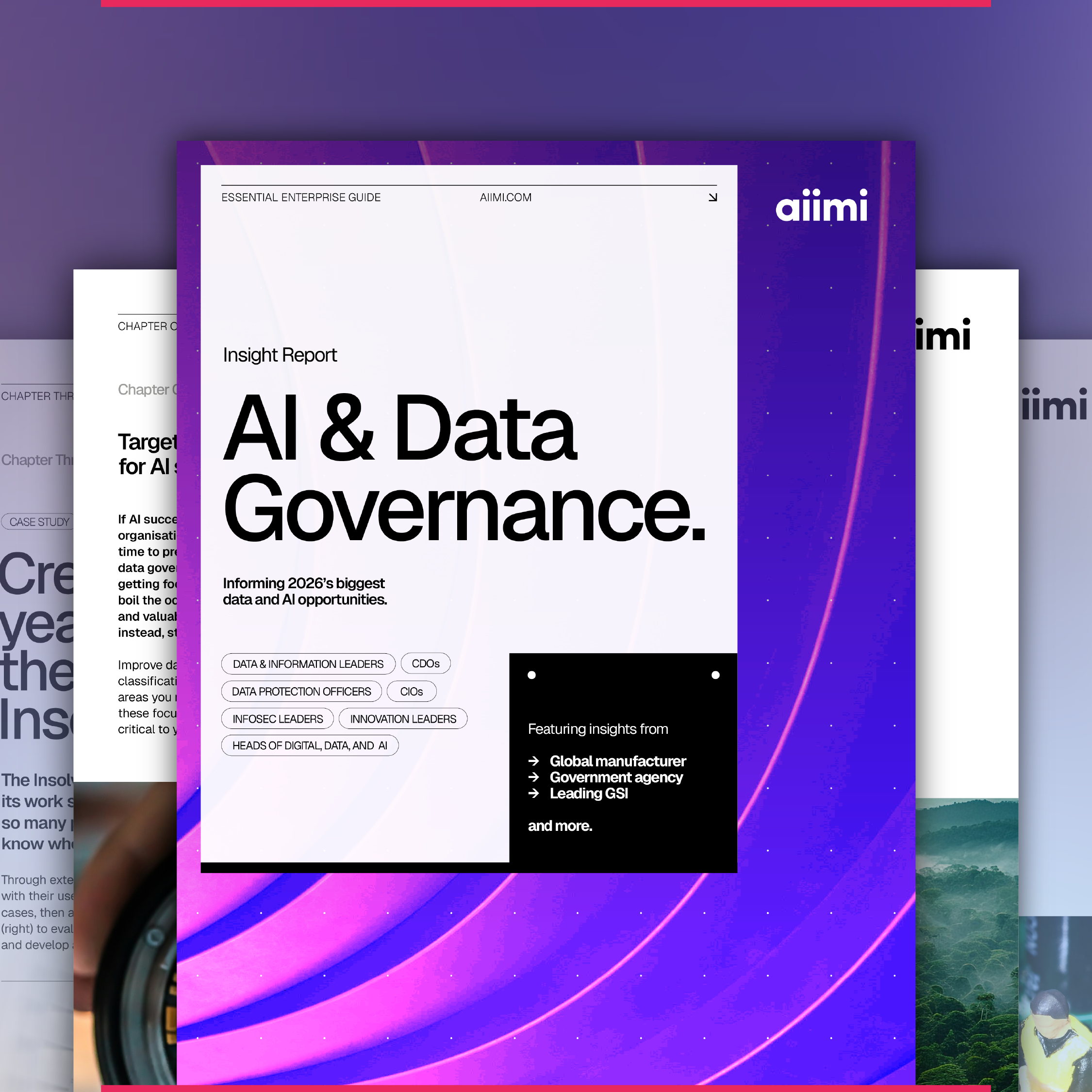Generative AI: should we really be talking about applying the brakes?

Should the conversation around Artificial Intelligence be about pausing its development, or stopping it altogether? According to Eliezer Yudkowsky, lead researcher at the Machine Intelligence Research Institute, “...the most likely result of building a superhumanly smart AI… is that literally everyone on Earth will die.” But before making rash decisions, we’d do well to think about all the various advanced tech that humans have invented over the millenniums. With each advancement in tech, came the calls to pause or stop, else too drastic a change would impact humanity adversely.
For example, abbots worried that the invention of the printing press in the 15th century would make monks lazy and damage their souls. The 19th century saw weavers smashing up machines for fear of losing their livelihood. More recently, autonomous driving vehicles had us up in arms – but now we relish the thought of having a car with Adaptive Cruise Control and Lane Assist technology. The list of similar such life-changing inventions is endless.
So, what at first might seem a scary venture into the unknown, usually enhances the human experience. Will advanced AI equally make us a better society?
With that in mind, what should the focus of the conversation around AI be – how to stop it or how to proceed within the confines of established laws and regulations? For example, concerns have risen about data protection, processing, and privacy. Such concerns have seen Italy become the first Western country to block ChatGPT, stating that it was unclear how OpenAI’s chatbot complied with the General Data Protection Regulation. The Italian data protection authority said there was no legal basis under GDPR to justify “the mass collection and storage of personal data for the purpose of ‘training’ the algorithms underlying the operation of the platform”.
What at first might seem a scary venture into the unknown, usually enhances the human experience.
Meanwhile, the response from the UK government has been a set of plans to regulate artificial intelligence with new guidelines on “responsible use”. The aim of these is to build public trust in cutting-edge technologies and make it easier for businesses to innovate, grow, and create jobs. This is because the rise in popularity for AI-based technologies has raised several ethical questions while at the same time, recognising that the industry contributes significantly to the economy. Last year alone, the AI industry contributed £3.7 billion to the UK economy. As such, giving directives to already existing regulatory bodies such as The Health and Safety Executive and the Competition and Markets Authority is seen as a way to ensure tailored approaches to AI use in varied sectors, without throwing ethical concerns to the side.
Commenting on the matter of data protection within AI, Stephen Almond, Executive Director of Regulatory Risk at the ICO says “organisations developing or using generative AI should be considering their data protection obligations from the outset”. This is because the same data protection law applies whenever personal data is being processed, regardless of whether AI was involved or not. Therefore, the ICO urges developers and users of generative AI that processes personal data to ask themselves a set of 8 questions that include:
What is the lawful basis for processing personal data?
How will you comply with individual rights requests?
How will you limit unnecessary processing?
The ICO is clear that it will be asking these questions of developers and users and will act where organisations are not following the law and considering the impact on individuals.
With such an embracing approach to this exciting technology, it then becomes easier to see how development can proceed in a way that doesn’t threaten our basic rights to privacy and equality. Responding to the proposals by the UK government, Clare Barclay, CEO of Microsoft UK said, “if the UK is to succeed and lead in the age of intelligence, then it is critical to create an environment that fosters innovation, whilst ensuring an ethical and responsible approach”. These comments were echoed by Grazia Vittadini, Chief Technology Officer of Rolls-Royce who said, “both our business and our customers will benefit from agile, context-driven AI regulation... while remaining compliant with the standards of integrity, responsibility and trust that society demands from AI developers.”
So, the genie is out of the bottle, rather than trying to cram it back in, let’s take measured steps forward, working within the robust rules and regulations we already have in place.
At Aiimi, we are developing our Insight Engine following the principles of data protection by design and by default – something which is particularly important when you’re processing personal or sensitive data, like handling individual data rights requests, or taking vital steps to interconnect data from across your organisation (and outside of it) to get to a complete data picture you can use to power business data initiatives.
Discover how you can maximise any future investment in emerging technologies, by getting a complete picture of your data now.
Stay in the know with updates, articles, and events from Aiimi.
Discover more from Aiimi - we’ll keep you updated with our latest thought leadership, product news, and research reports, direct to your inbox.
You may unsubscribe from these communications at any time. For information about our commitment to protecting your information, please review our Privacy Policy.



